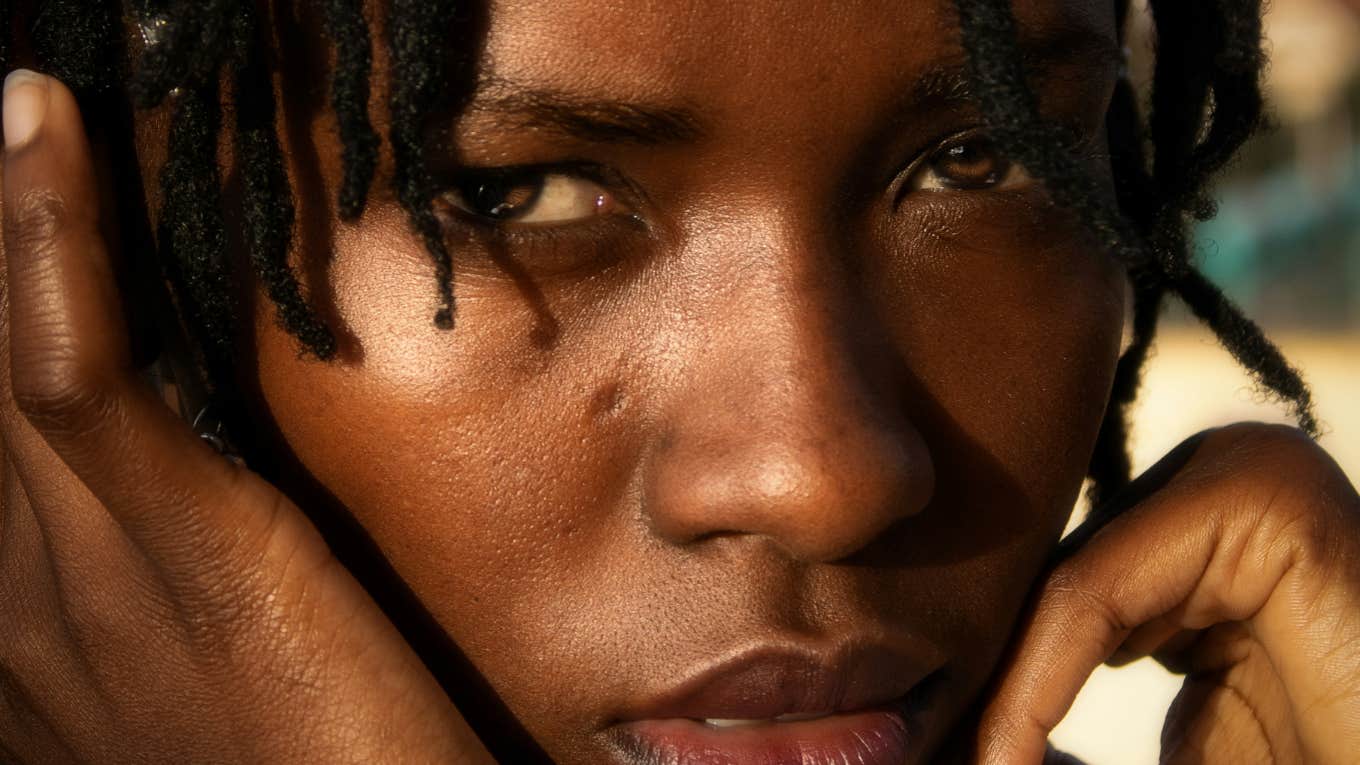The Surprising Body Part That's Often Linked To Depression, According To Research
Studies reveal an unexpected connection between this body part and your mental health.
 Nick Owuor Astro | Unsplash
Nick Owuor Astro | Unsplash If you've ever asked anyone for advice, you've probably heard this more than once: "Listen to your gut." Your gut is, of course, your instinct, the part of our body that can detect if something is a little off or safe enough to be worth pursuing.
According to research, your gut is the body that's often linked to depression.
 Perfect Wave / Shutterstock
Perfect Wave / Shutterstock
But while our gut can sometimes keep us out of trouble, research suggests that what's going on in there can affect our mood, too. All those bacteria just might be communicating to our brains more than we ever realized.
According to Mark Lyte, who's spent his entire career trying to prove a link between the microbes in the intestines and the nervous system, all the stuff in our gut is hard at work making neurochemicals.
Yes, the two million "unique bacterial genes" in our gut aren't just down there collecting dust and killing time; they're reaching from beyond their dark corners to influence physiology. And as scientists now believe, our brain, too.
These microorganisms secrete chemicals that are on par with the same ones used by our neurons, meaning that intestinal issues often coincide with depression and anxiety. In other words, your depression may be the result of the bacteria you're harboring in your gut, and not just because of a neurological disconnect of serotonin and other hormones.
If that's the case, could a transfer of microbes from one intestine to another alter neurodevelopment enough to nip illnesses like depression in the bud? Well, that's what Lyte hopes.
And after three decades of work, his hypothesis, which was originally labeled a "curiosity," could make a positive impact on mood and those who struggle with depression and anxiety disorders.
Through a series of experiments over the last couple of decades, Lyte has found that not only do bacteria respond to stress, but they can also bring out stress, at least in his lab mice, anyway.
But despite the results of all his work, for years Lyte still couldn't get anything published on the topic. And when his research finally saw the light of day in 1998, no one seemed to be paying attention. The idea that bacteria and mental illness could be linked doesn't sound like the most probable situation for either laymen or scientists.
In 2014, microbiologist Sarkis Mazmanian took things one step further with his presentation, Gut Microbes, and the Brain: Paradigm Shift in Neuroscience. His working hypothesis was that not only were the microbes messing with the barrier around the brain, but also compromising the intestinal lining, allowing the bacteria to get out and into the bloodstream.
According to The New York Times, "The list of potential treatments incubating in labs around the world is startling." There are groups all over the world working toward making fecal microbiota treatments a legitimate thing with open trials, but both Lyte and Mazmanian are quick to point out that it's too early to be able to tell what the eventual outcome might be.
But what an awesome way to treat things like depression. If it were just a matter of replacing bad intestinal bacteria with good stuff, it would be revolutionary, to say the least.
If you or somebody that you know is experiencing a mental health crisis, there is a way to get help. Call SAMHSA’s National Helpline at 1-800-662-HELP (4357) or text "HELLO" to 741741 to be connected with the Crisis Text Line.
Amanda Chatel has been a wellness and relationship journalist for over a decade. Her work has been featured in Glamour, Shape, Self, and other outlets.

